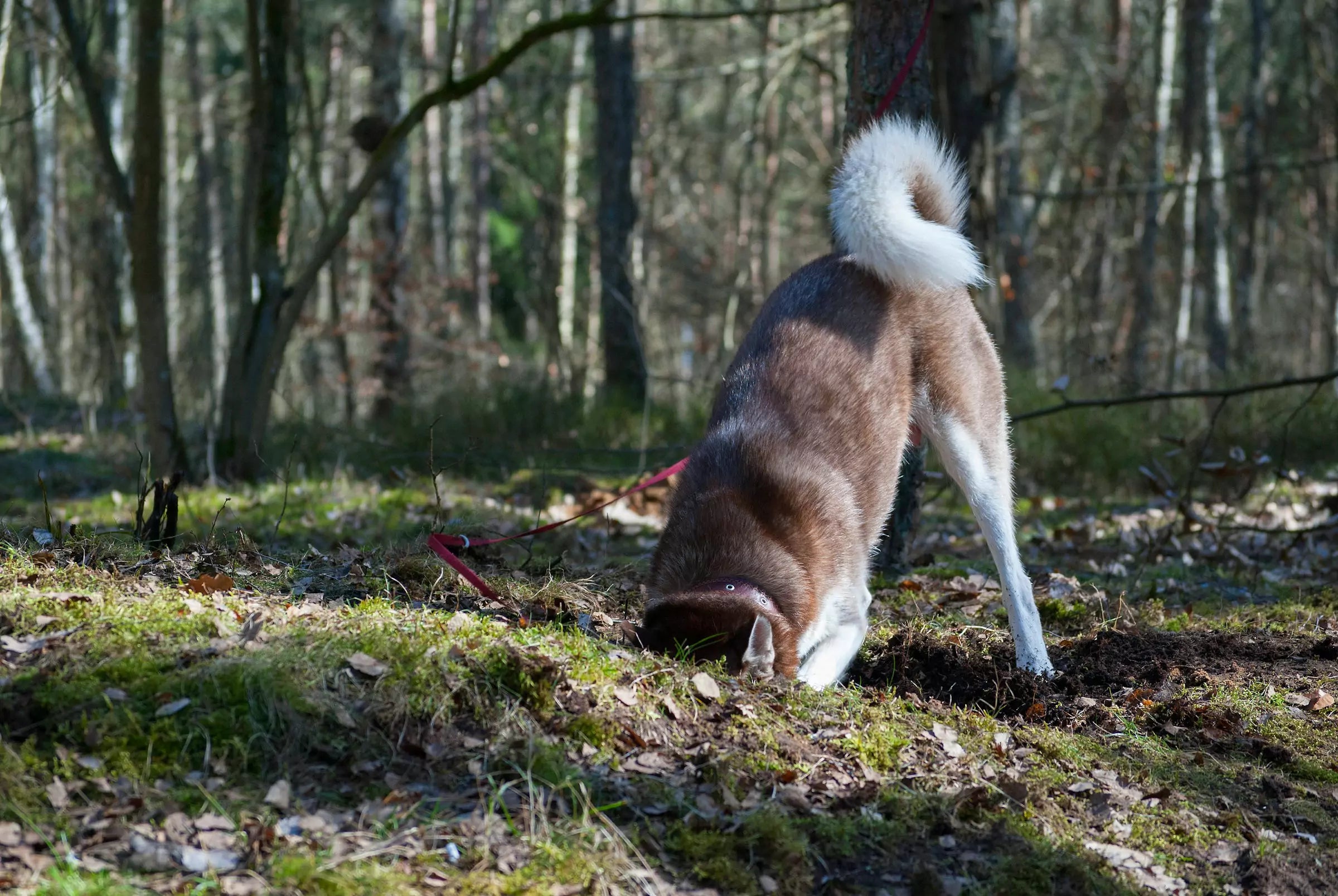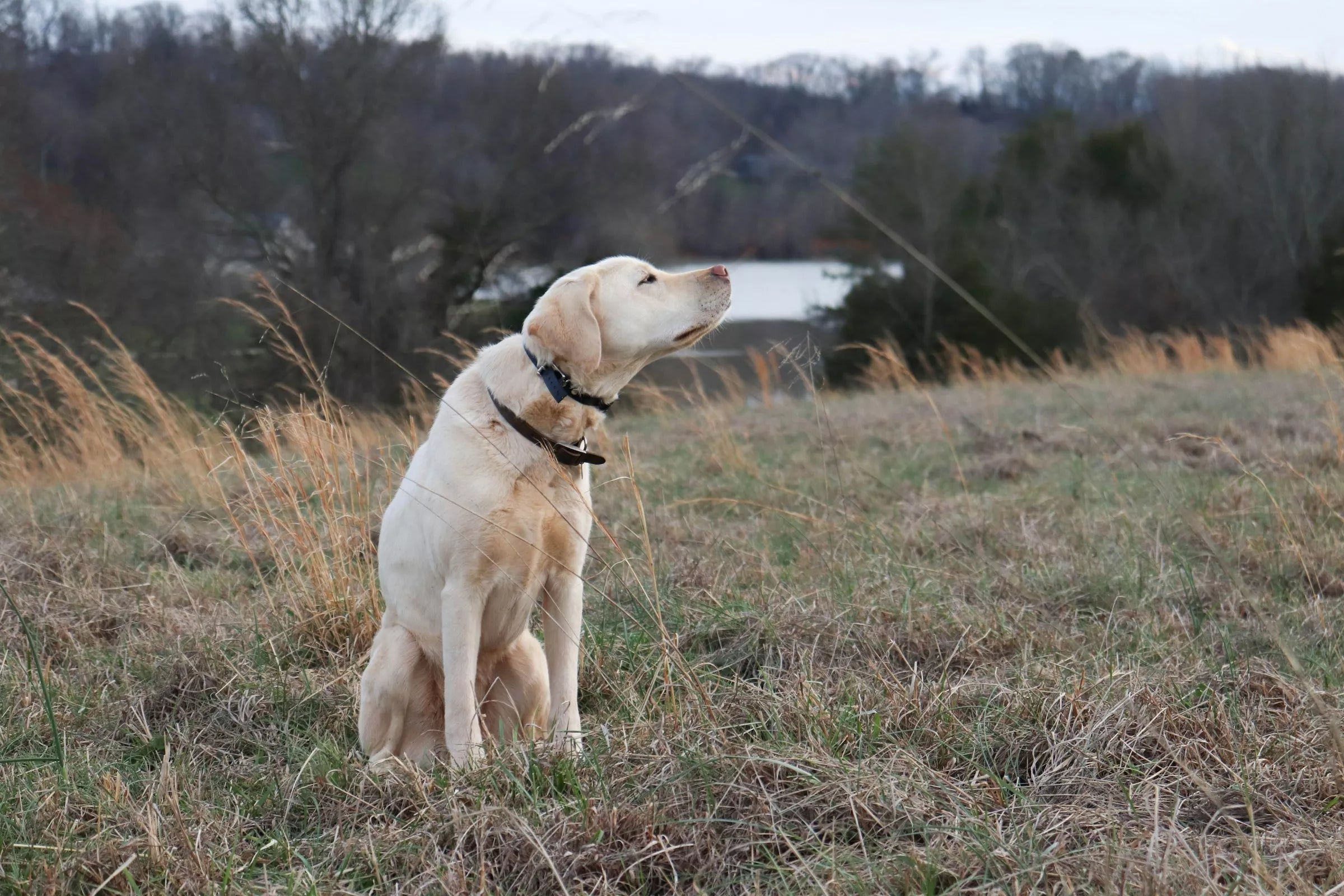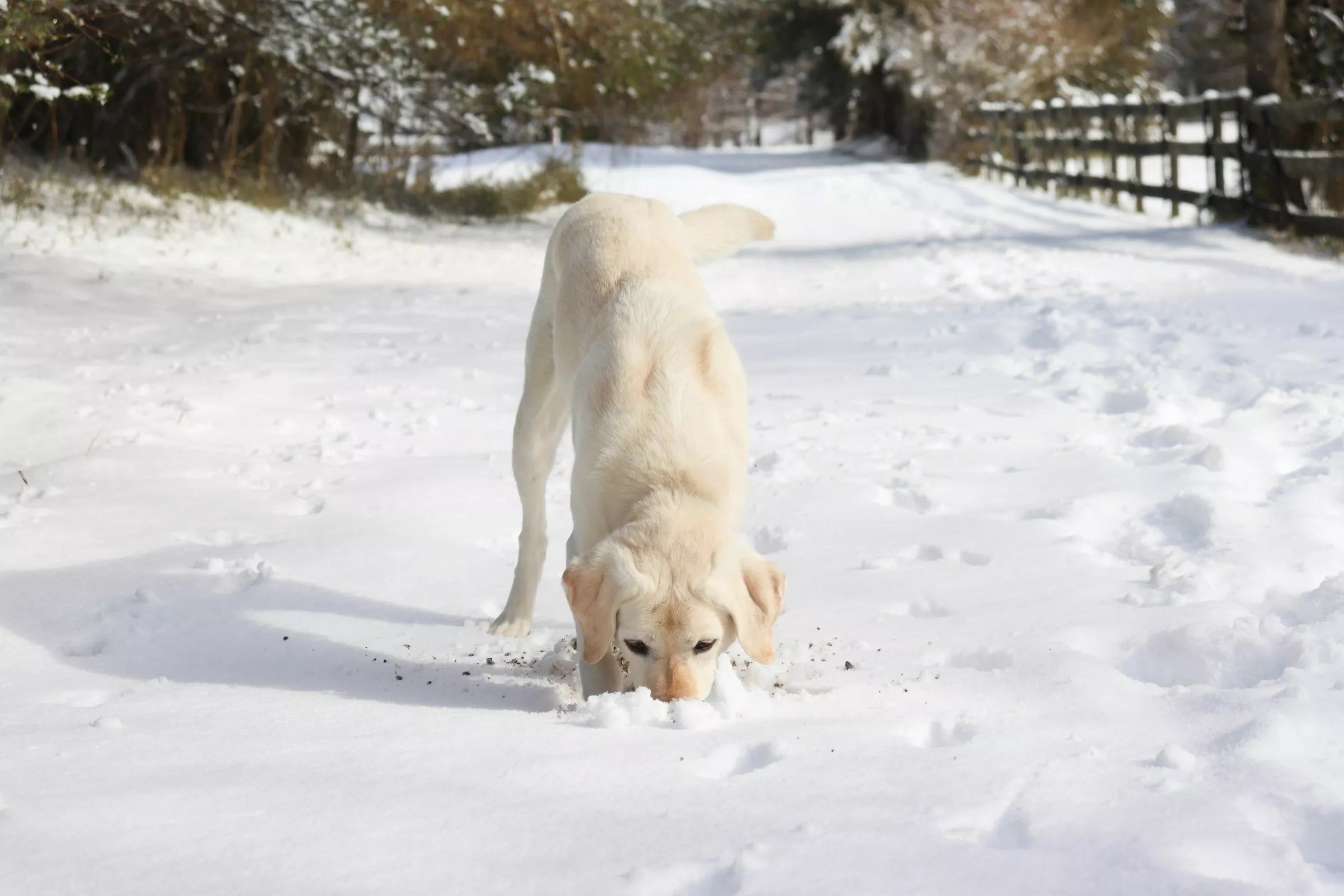Why Dogs Dig
 Digging is a natural behaviour for dogs. Some breeds, like Terriers, were bred specifically to hunt underground animals — so digging comes naturally. Other dogs dig to hide food, relieve boredom, cool down on hot days, or release pent-up energy. Understanding your dog’s body language and motivation is the first step to managing this behaviour.
Digging is a natural behaviour for dogs. Some breeds, like Terriers, were bred specifically to hunt underground animals — so digging comes naturally. Other dogs dig to hide food, relieve boredom, cool down on hot days, or release pent-up energy. Understanding your dog’s body language and motivation is the first step to managing this behaviour.
Provide More Exercise & Stimulation
Often, digging is a symptom of unmet needs. If your dog doesn’t get enough physical or mental exercise, they’ll find their own entertainment — often at the expense of your flower beds. Try:
- Adding an extra walk or run each day
- Incorporating training sessions with commands and tricks
- Rotating puzzle toys and enrichment activities
- Scheduling dedicated playtime with fetch or tug
A tired, mentally stimulated dog is far less likely to turn your garden into a digging site.
Create a Designated Digging Zone
 If your dog loves digging, don’t try to eliminate the behaviour altogether — redirect it. Create a designated digging area in your garden, such as a sandbox or a soft soil patch. Encourage them to use it by burying toys or treats and praising them when they dig in the “approved” zone. This gives them an outlet while saving your lawn.
If your dog loves digging, don’t try to eliminate the behaviour altogether — redirect it. Create a designated digging area in your garden, such as a sandbox or a soft soil patch. Encourage them to use it by burying toys or treats and praising them when they dig in the “approved” zone. This gives them an outlet while saving your lawn.
Deter Digging in the Garden
To make your flower beds less appealing, try:
- Placing chicken wire just beneath the soil surface in areas you want protected
- Adding natural deterrents like citrus peels or vinegar sprays (dogs dislike the smell)
- Supervising outdoor time and calmly redirecting them if they start to dig where they shouldn’t
Cooling and Comfort
Some dogs dig to create a cool resting spot, especially in warm weather. Make sure your dog has access to shaded areas and fresh water at all times. Products like the Active Cooling Dog Vest can also help regulate body temperature during hot days, reducing the need to dig for comfort.
When to Seek Professional Help
If your dog’s digging is excessive, destructive, or accompanied by other signs of distress, consider speaking with a vet or behaviourist. Sometimes digging may indicate underlying anxiety or a compulsive behaviour that requires professional guidance.
FAQs
Is digging a sign of anxiety?
Yes, dogs with separation anxiety or stress may dig as a way to self-soothe. Identifying the root cause is important.
Will punishing my dog stop digging?
No. Punishment often makes the behaviour worse and damages trust. Positive redirection works far better.
Which breeds are most likely to dig?
Terriers, Dachshunds, Beagles, and Huskies are among the breeds most prone to digging due to their instincts or need for stimulation.
Can I train my dog to stop digging completely?
You can reduce unwanted digging significantly, but it’s often best to provide a controlled outlet, like a dig zone, rather than trying to stop the behaviour entirely.















Share:
How Dogs Detect Illness in Humans
Why Dogs Make Us Feel Calm